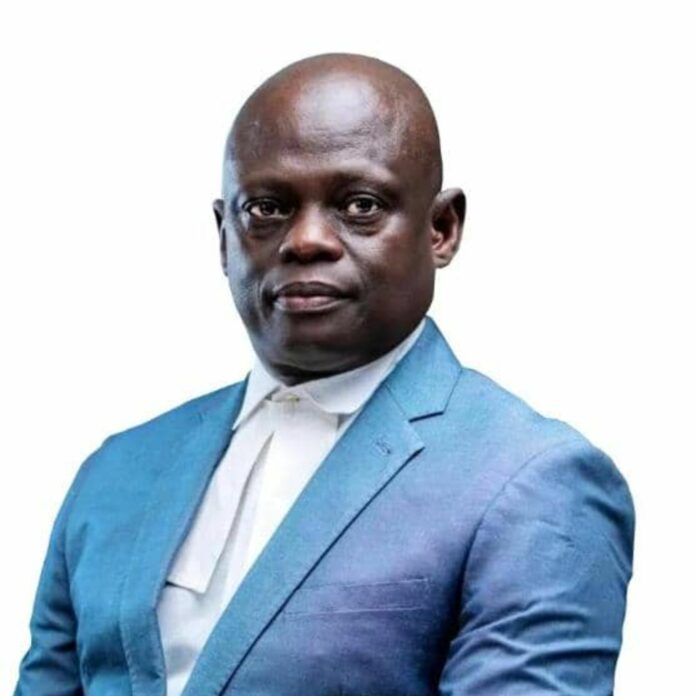By: Alieu Jallow
Senior state lawyer Lamin J. Darboe has publicly voiced his support for Gambia’s proposed draft Constitution of 2024, expressing a preference for it over the current 2020 draft Constitution. The senior state lawyer, renowned for his expertise in constitutional law and years of service within the judiciary system, in a televised show on QTV, dilated on the merits and potential implications of the two draft Constitutions.
“Between this and the 2020 draft, I will go for this one. If you can support the 2020 draft, I think you can support this 2024 draft, and I’m glad Chapter 5 was completely taken out of this 2024 draft… It was just a wishy-washy kind of stuff that was put there about morality and other things. We are not interested in morality and other things. We want legality, things that you can enforce,” he stated.
The 2020 draft Constitution initially gained traction due to its promise of comprehensive constitutional reform, introducing executive term limits, quotas for female participation, and addressing various human rights concerns that have long plagued the nation. However, it was voted out by the 5th legislative when it failed to meet the threshold, as 31 National Assembly members voted in favor of the bill to be passed, while 23 members rejected the new draft constitution.
Delving into the clause on citizenship, Counsel J. Darboe said:
“I’m glad that restriction is now removed. But the thing about voting, the president should be open-minded… There was a big loophole in the citizenship. We would have altered the demographics of this country… Children between the ages of four to eight who are found in the country and we don’t know where they come from should be assumed to be citizens by birth in the Gambia. It would have been a complete tragedy.”
Sharing his opinion on the length of the Constitution, Counsel Darboe is of the opinion that the constitutions of 1997, 2020, and 2024 do not meet the minimum standards.
“All of the three documents—1997, 2020, and 2024—do not meet my standards. When it comes to the length of the document, the documents are too lengthy. There is no need for a constitution to be that lengthy. There are huge sections of all these documents that do not belong in a national [constitution],” he outlined.
The 2020 draft constitution was characterized by extensive consultations with Gambians across the country and in the diaspora, with significant investment of resources, intellectual discussion, and debate by Gambians from all walks of life. However, the absence of public consultations by the Ministry of Justice over the recent draft has sparked widespread public outcry, and lawyer Lamin J. Darboe is opposed to the government’s step of sidelining the public’s input.
“The problem of the government is one of governance. One of consultation, one of process, one of the rule of law… It is not a document that the cabinet should unilaterally deal with.”
Section 39 of the 1997 Constitution states, “Every Gambian, including those residing outside the jurisdiction, is entitled to be registered and to vote in an election to the offices of President, members of the National Assembly.” This provision is yet to be observed by the Gambian electoral body, thus excluding Gambians in the diaspora from their right to vote and be voted for.
“We hope as the conversations progress, 2026 is not far off. But yeah, two years is a long time to put the mechanisms in place for the diaspora to be able to vote. And I hope that opportunity is given to the diaspora,” Counsel Darboe outlined.
Sharing his take on the local government and educational provisions, this is Counsel’s take:
“If you look at the local government side, Sections 193 and 194 of the 1997 Constitution are fully replicated. And that is the crux of local government. Once it is in that document, a lot of the things that are happening today should not be happening.”
“The term they use is basic education. Basic education is not only primary school. It goes all the way to grade nine. That is lower basic and upper basic.”
While it remains uncertain how lawyer Darboe’s endorsement will influence the ongoing constitutional reform efforts, it underscores the importance of open and transparent dialogue to ensure the best interests of the nation are served.




